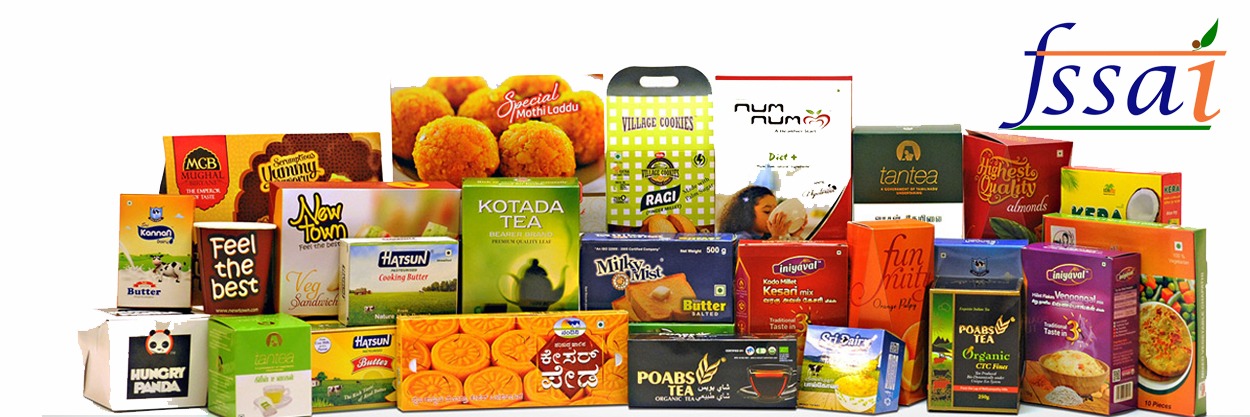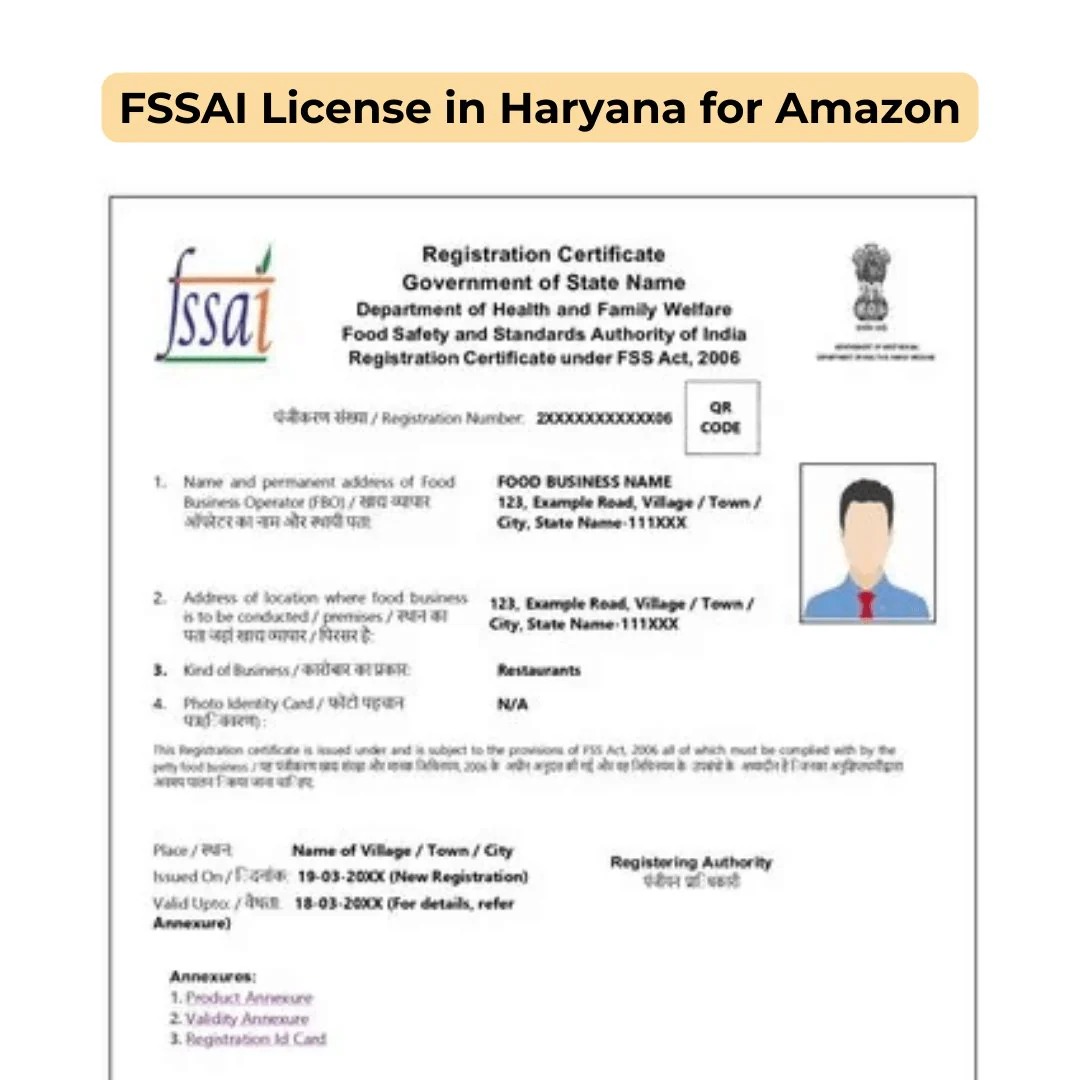FSSAI – Food Safety and Standards Authority of India
Introduction
The Food Safety and Standards Authority of India (FSSAI) is a statutory body under the Ministry of Health & Family Welfare, established by the Food Safety and Standards Act, 2006. It regulates the manufacture, storage, distribution, sale, and import of food to ensure it is safe and healthy for consumption. FSSAI issues licenses to food businesses and sets scientific food safety standards across India.
Objective
To regulate the manufacture, storage, distribution, sale, and import of food products and to ensure they are safe and healthy for consumption. FSSAI ensures food safety compliance under the Food Safety and Standards Act, 2006.
Key Features
| Feature | Description |
|---|---|
| Governing Body | FSSAI (under Ministry of Health & Family Welfare) |
| Legal Requirement | Mandatory for all food-related businesses |
| License Types | Basic, State, Central (based on business size and turnover) |
| Validity | 1 to 5 years (renewable) |
| Penalty | Fines up to ₹5 lakhs and imprisonment for non-compliance |
Who Needs FSSAI License?
- Food Manufacturing
- Processing or Packaging
- Distribution and Transportation
- Hotels, Restaurants, Canteens, Cafes
- Catering & Tiffin Services
- Retailers, Wholesalers, Online Aggregators
- Importers/Exporters
- Cloud Kitchens, Bakeries, Dhabas
Types of FSSAI Licenses
| License Type | Eligibility | Issued By |
|---|---|---|
| FSSAI Basic Registration | Turnover < ₹12 Lakhs/year | Local FSSAI Authority |
| FSSAI State License | Turnover ₹12 Lakhs – ₹20 Crores/year | State FSSAI Authority |
| FSSAI Central License | Turnover > ₹20 Crores/year or for import/export, e-commerce | Central FSSAI Authority |
Documents Required
Common Documents for All Types
- Passport-sized photo of applicant
- PAN Card of Proprietor/Company
- Aadhaar Card/Voter ID/Passport
- Proof of premises (Rent Agreement or Utility Bill)
- Business constitution certificate (Partnership Deed, MOA, etc.)
- Food safety management system plan (basic hygiene checklist)
Additional Documents for State/Central License
- Blueprint/layout plan of premises
- List of food products to be dealt with
- NOC from local municipality or authority
- Details of food category
- Water test report (for manufacturing)
- Import/export code (if applicable)
- Nomination of responsible person (Form IX)
- Turnover proof (like balance sheet)
Registration Process
- Choose Correct License Type (Basic / State / Central)
- Apply Online via FSSAI FoSCoS Portal
- Upload Documents
- Pay Fees (Online)
- Inspection (for manufacturing units and some restaurants)
- License Issued (within 7–60 days, depending on license type)
FSSAI License Fee Structure
| License Type | Duration | Fee (Per Year) |
|---|---|---|
| Basic Registration | 1–5 years | ₹100/year |
| State License | 1–5 years | ₹2,000–₹5,000/year |
| Central License | 1–5 years | ₹7,500/year |
Note: ₹100 per day penalty is charged for delayed renewals.
Renewal Process
- Can be done 120 days before expiry
- Same procedure as fresh application
- No new inspection unless changes are made
FSSAI Number Format
A 14-digit license number must be printed on all food packaging or display boards. It provides traceability and authenticity of the food source.
FSSAI for Online/E-Commerce Businesses
Online platforms like Swiggy, Zomato, Amazon, BigBasket, etc., must obtain a Central License. Individual sellers must at least have Basic Registration or State License.
Penalty for Non-Compliance
| Offense | Penalty |
|---|---|
| Running without license | Up to ₹5,00,000 + imprisonment |
| Sub-standard food | ₹5,00,000 |
| Misbranded food | ₹3,00,000 |
| Misleading advertisement | ₹10,00,000 |
| Contaminated food causing injury/death | Up to life imprisonment + ₹10,00,000 |



